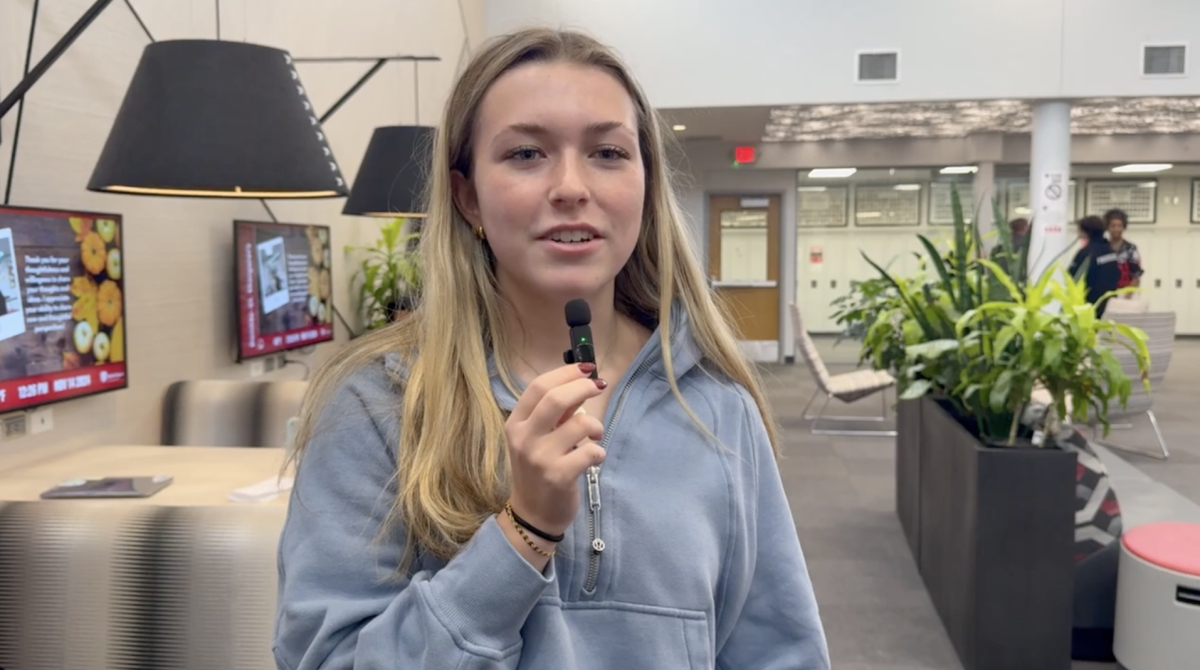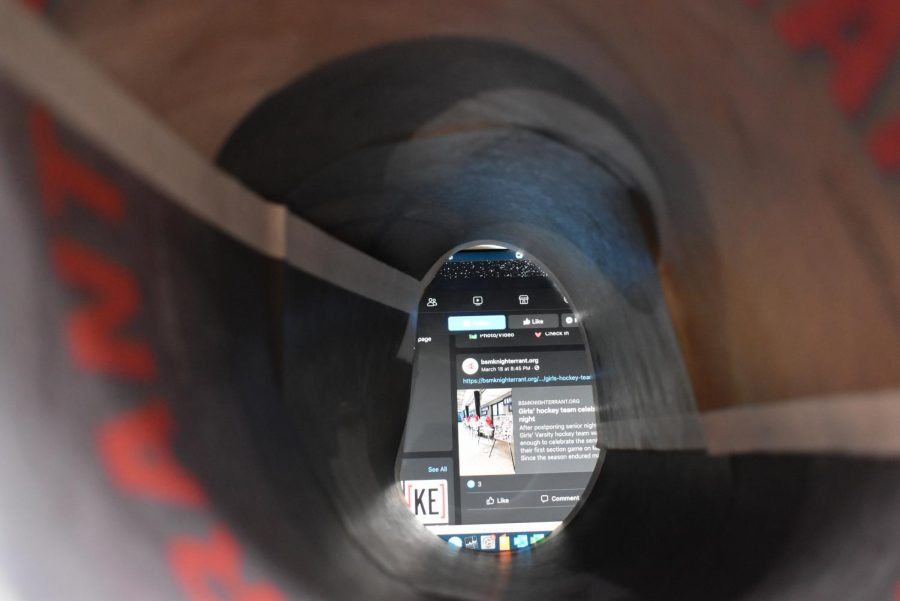Social media can help journalism and business thrive
The Knight Errant Facebook page, spied through an issue of the print edition, helps boost readership.
Living in the information age, we see tons of software and applications being created and applied in our daily lives. In today’s society, social media has become the substitute for chatting and communicating with others in person. Using social media even becomes part of our social behavior. Consequently, I have started to pay more attention to social media platforms such as Instagram, Facebook, and TikTok.
It’s not hard to recognize the advantages of social media from a business perspective. Large groups of customers allow social media sites to grow. With enough people using their platform, they can easily get millions of users on their site. Views and content create profit for them. Profit then encourages more content being produced. As long as people still need to get connected with each other by using the internet, these companies will not run out of business easily. In the case of pandemic, people will always need to communicate with their friends or family who are far away from them, which implies that those social media companies remain strong until a substitute appears.
Talking about substitutes, traditional paper has become a “victim” of social media. Now that social media is widely used among the people, it has the perfect edge to compete in the news and communication field. People are able to get access to most news happening around the world through social media without even leaving their bed. Traditional paper, on the other hand, seems inconvenient and costly for some people. “For one, traditional media is no longer a one-way avenue of communication: now, consumers can participate in the conversation and influence the news,” according to SHIFT Communications.
Luckily, my experiences contributing to Knight Errant’s (KE) Facebook page has allowed me to have a better understanding of how journalism thrives online. Other than the Facebook Page, KE was also posting on TikTok and Twitter in the meantime. It’s all about traffic. One thing about the news is that there is no business value if there is nobody looking at your work. Even though the Knight Errant is not writing for profit, we still push for a larger audience.
The daily job for me to run the Facebook page is simple: I just need to pick a story that will be fun for the followers. By posting the links of KE’s stories, students and parents are able to access the news happening on campus. Through the effort of KE staff, people get to know BSM more from a variety of stories. Actually, a larger flow on the stories will ultimately help improve the quality of future stories, as it provides the writer with more confidence and support.
After operating the KE Facebook page for a while, I realized that the use of social media will actually support both traditional media and online social media. It’s a win-win situation in reality. It’s true that some people still enjoy the physical newspaper. However, turning part of the traditional media online will help more people out around the world. With the large variety of views provided by the social platform, traditional media is able to learn and improve from the statistics. On the other hand, social media gets a reliable and stable content producer on their platform. Unsurprisingly, those changes brought more choices for customers like us.




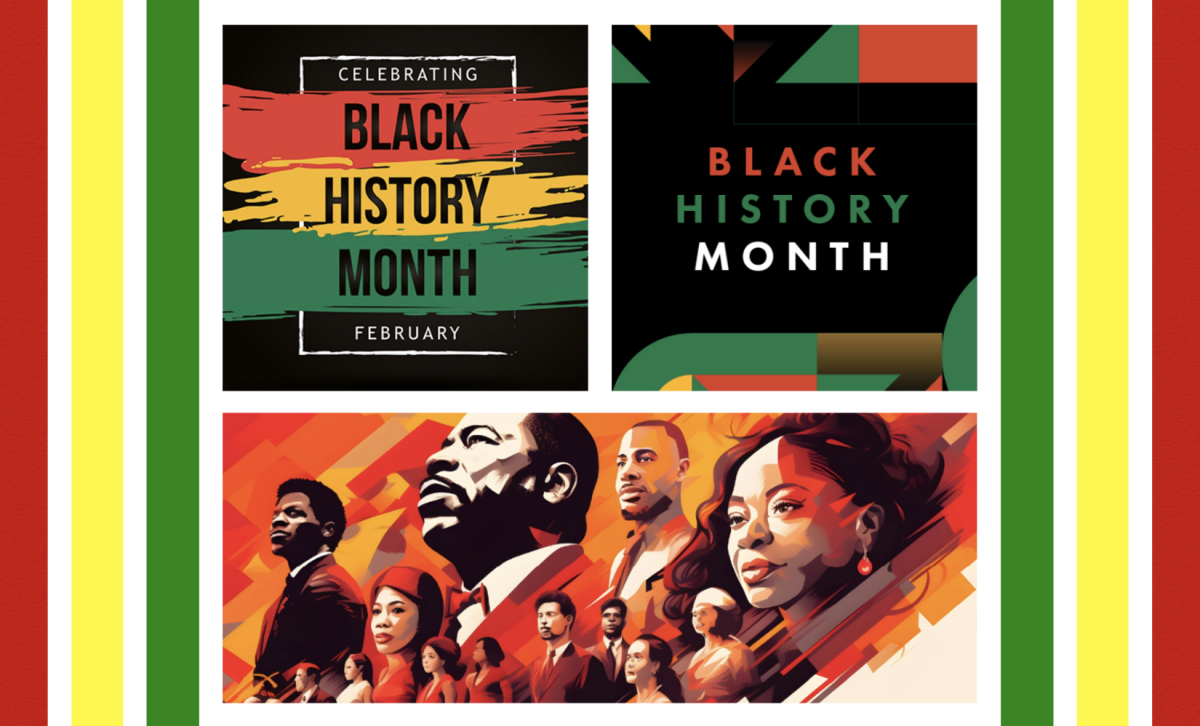
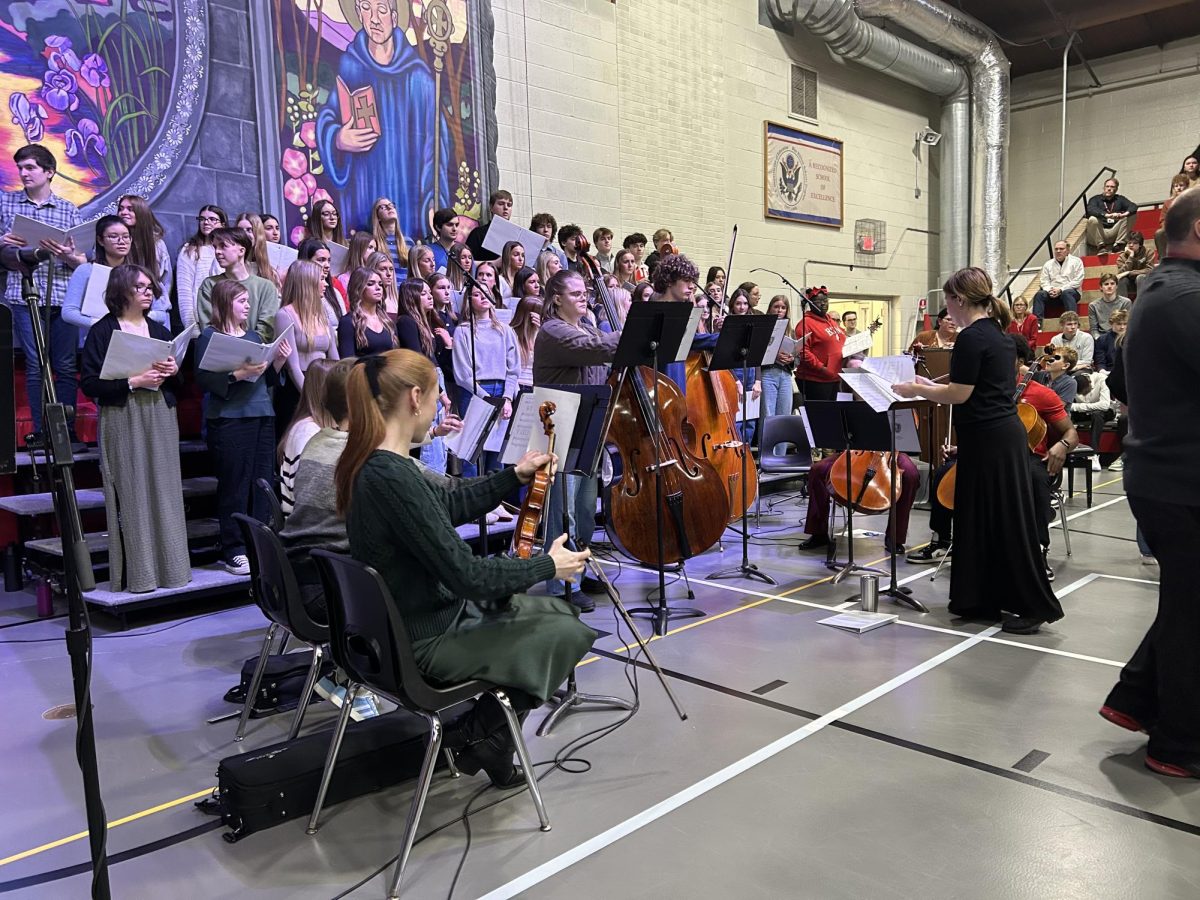
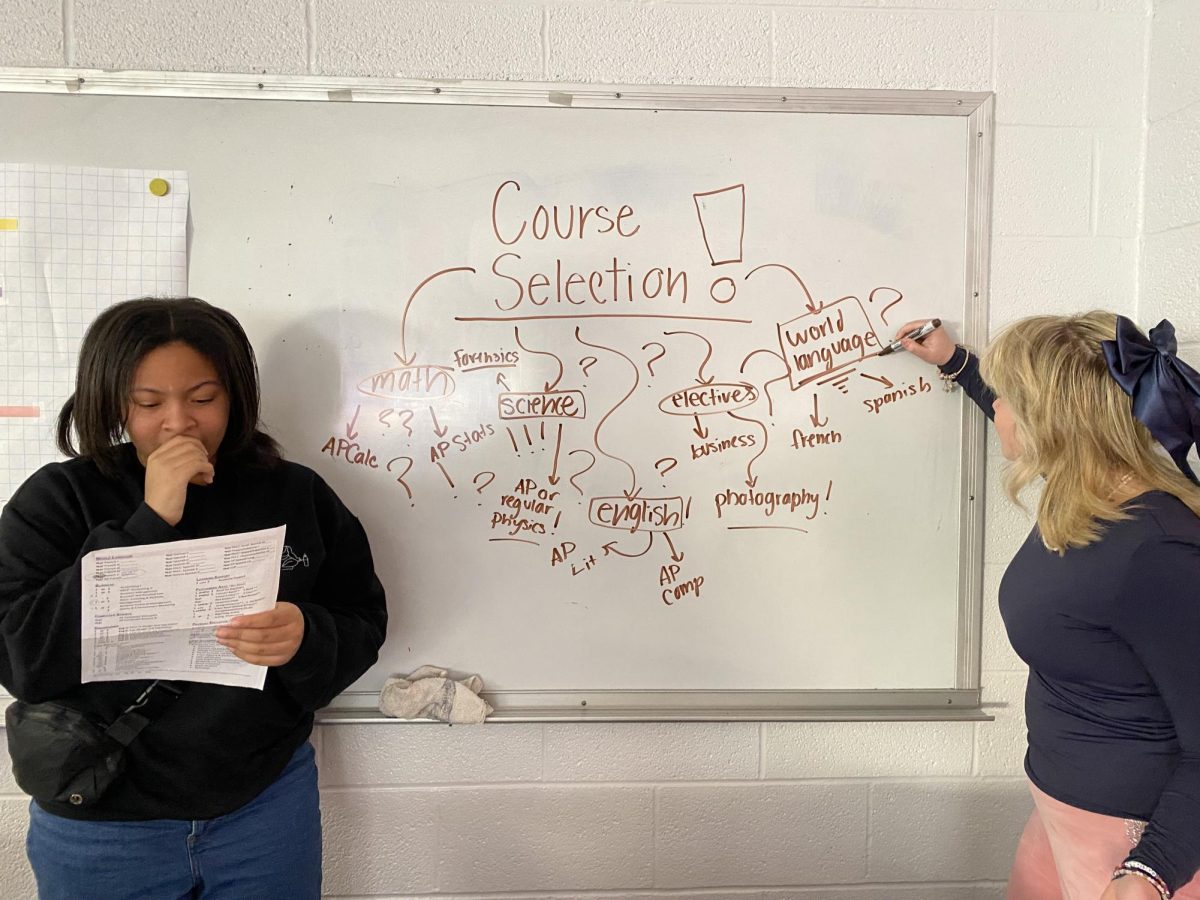


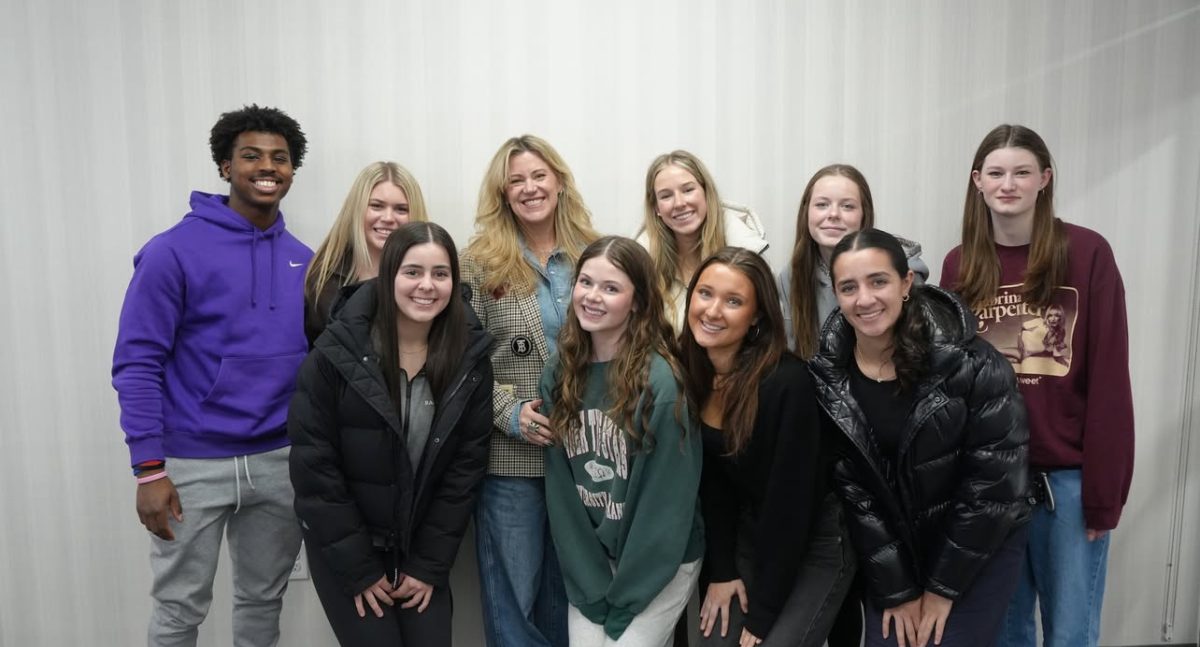





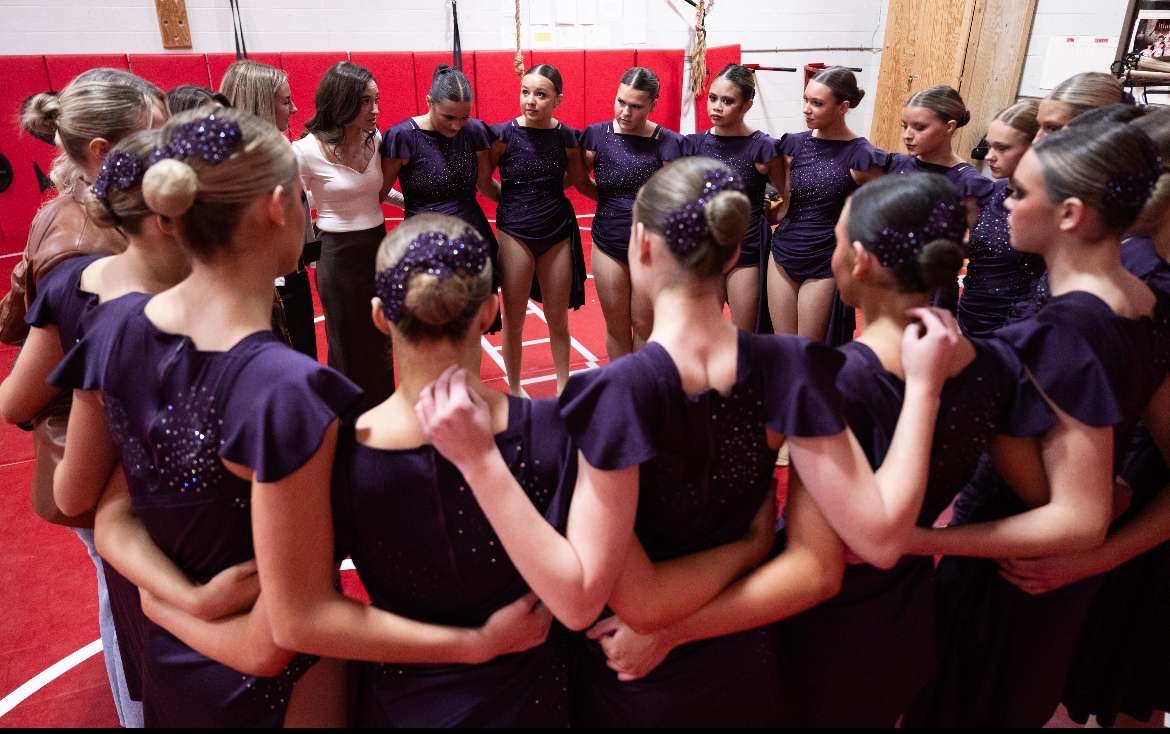







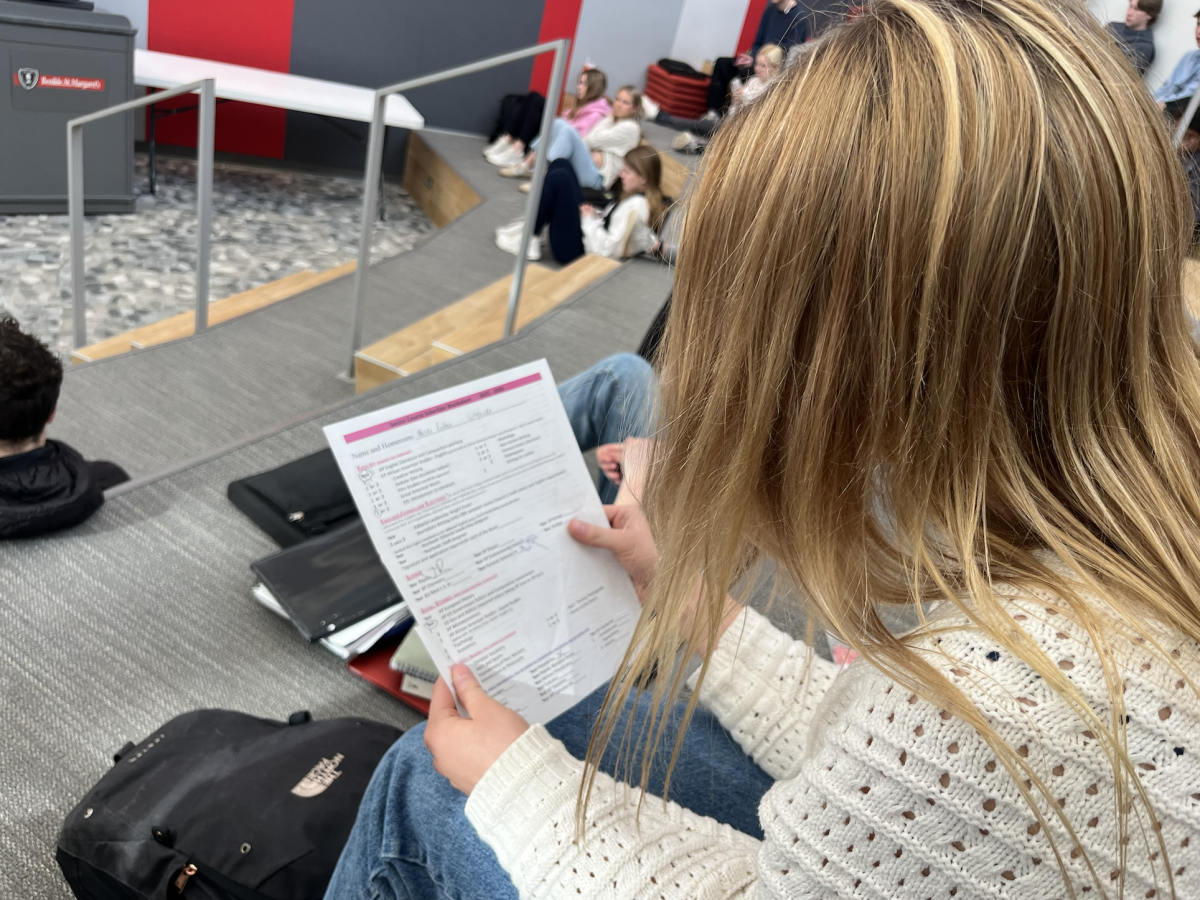
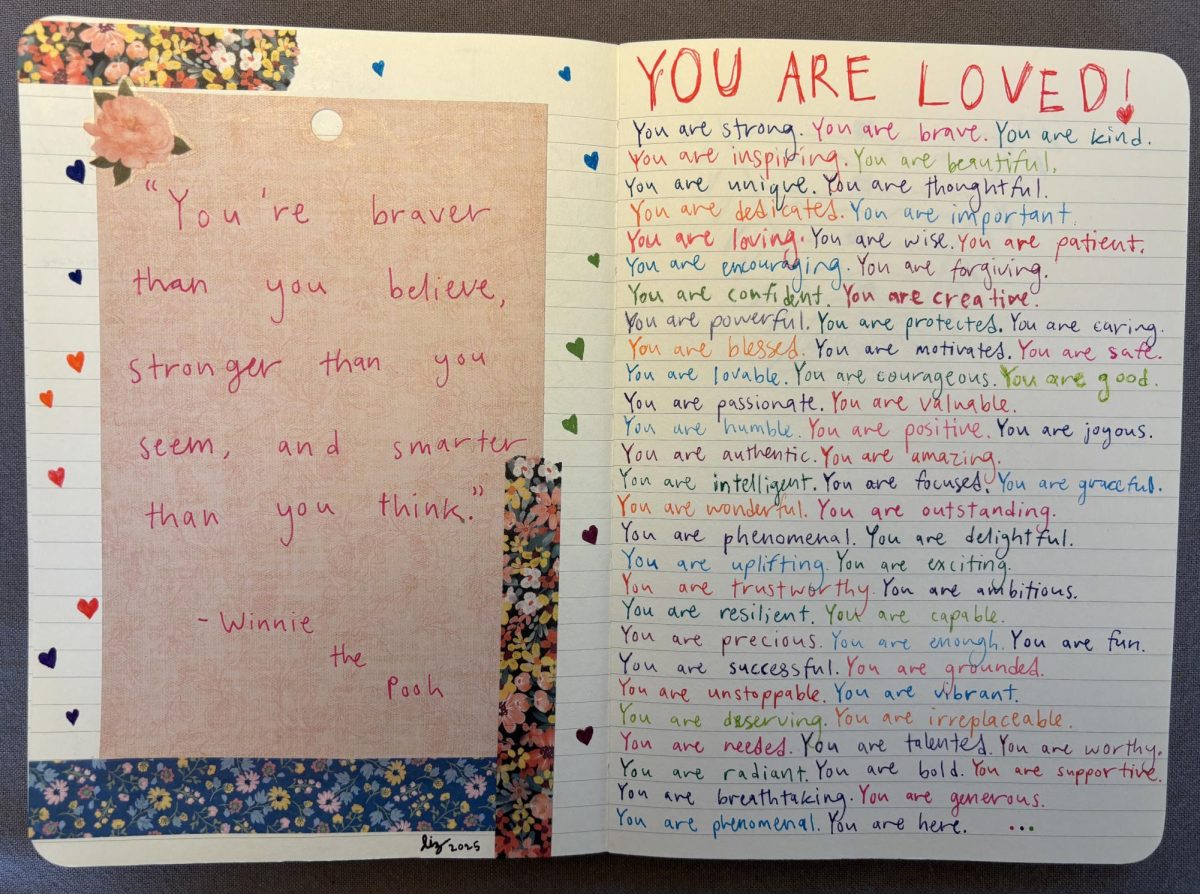
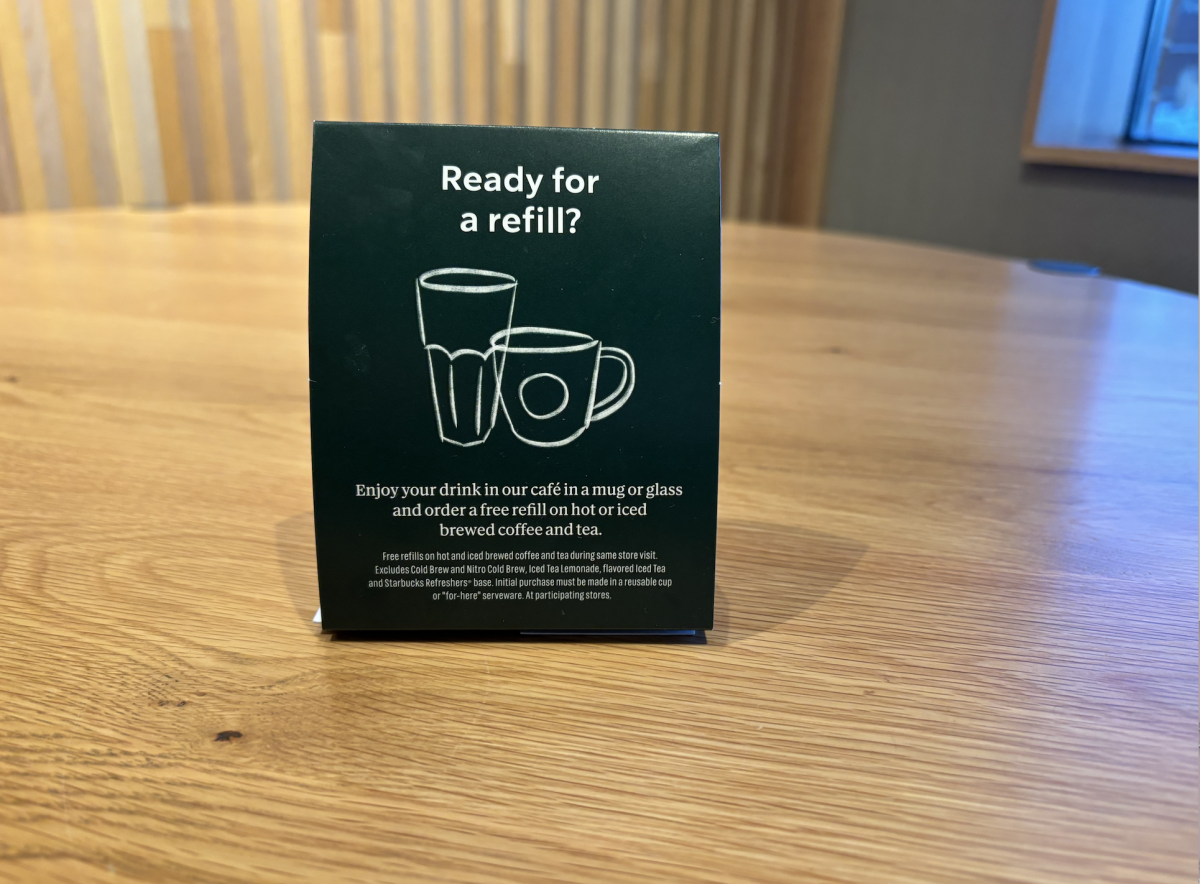


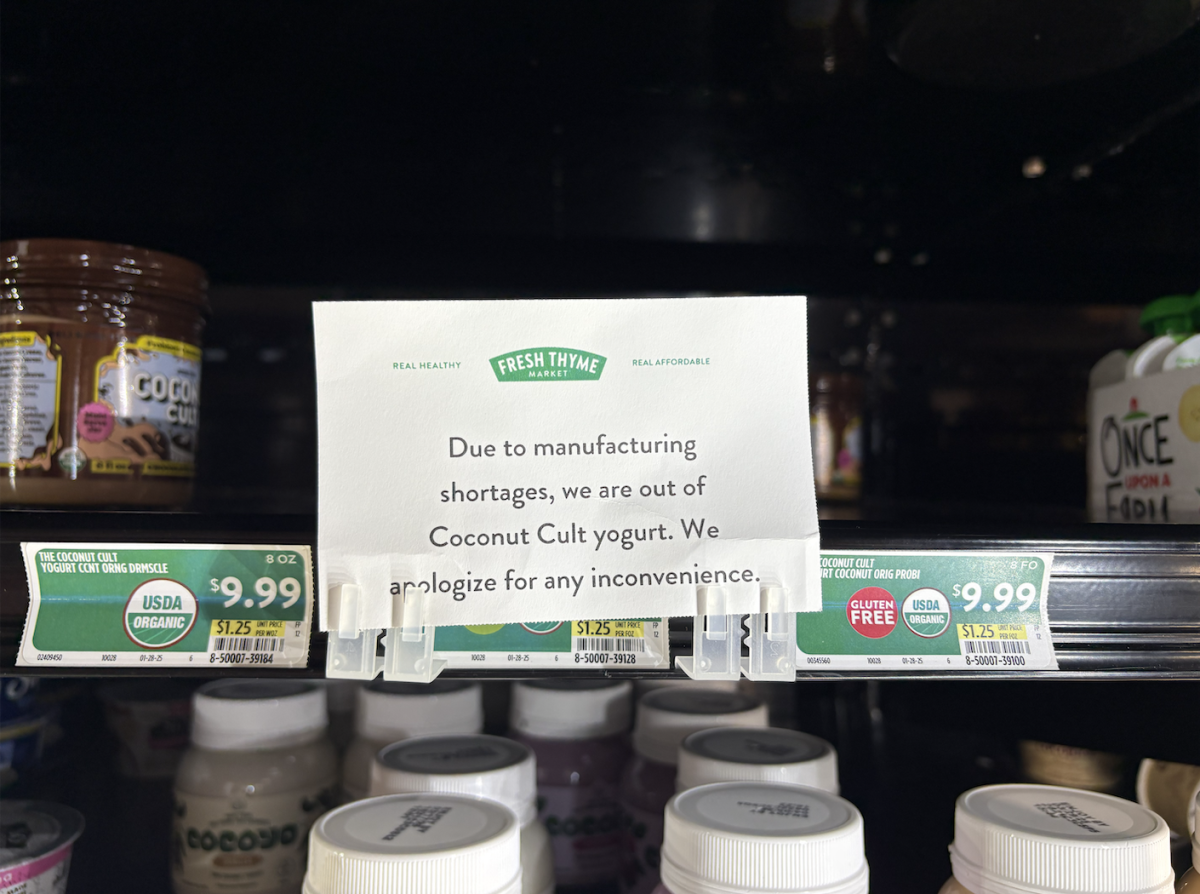
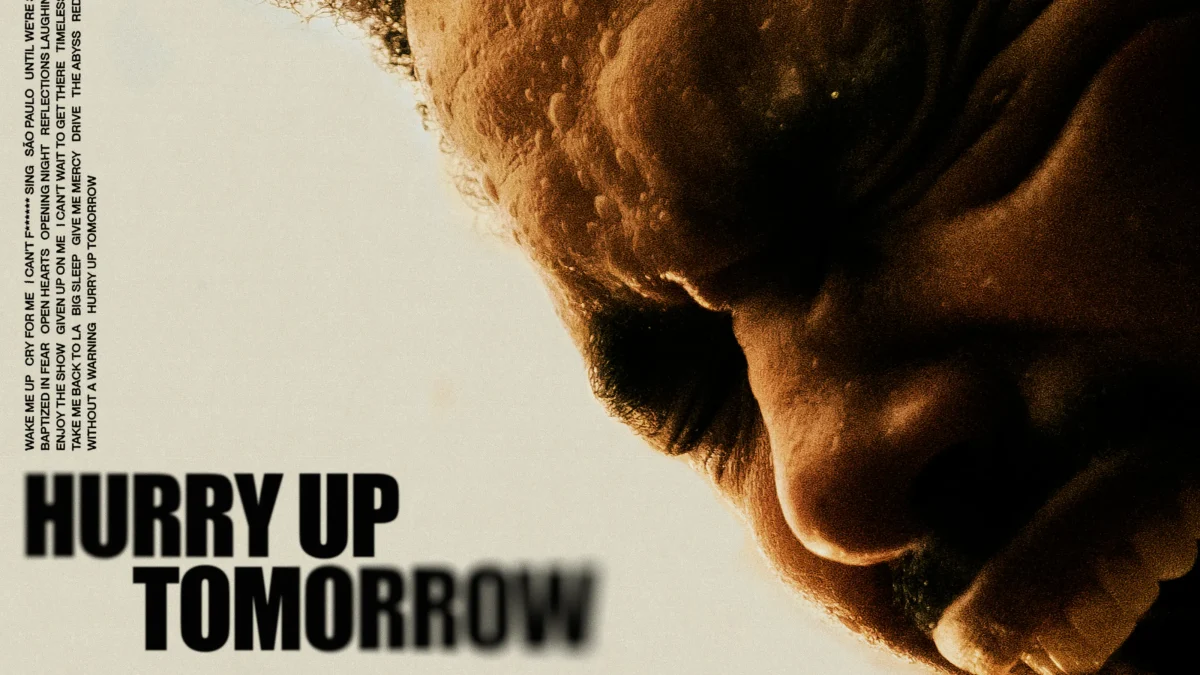






![Teacher Lore: Mr. Henderson [Podcast]](https://bsmknighterrant.org/wp-content/uploads/2025/03/teacherlorelogo-1200x685.png)


